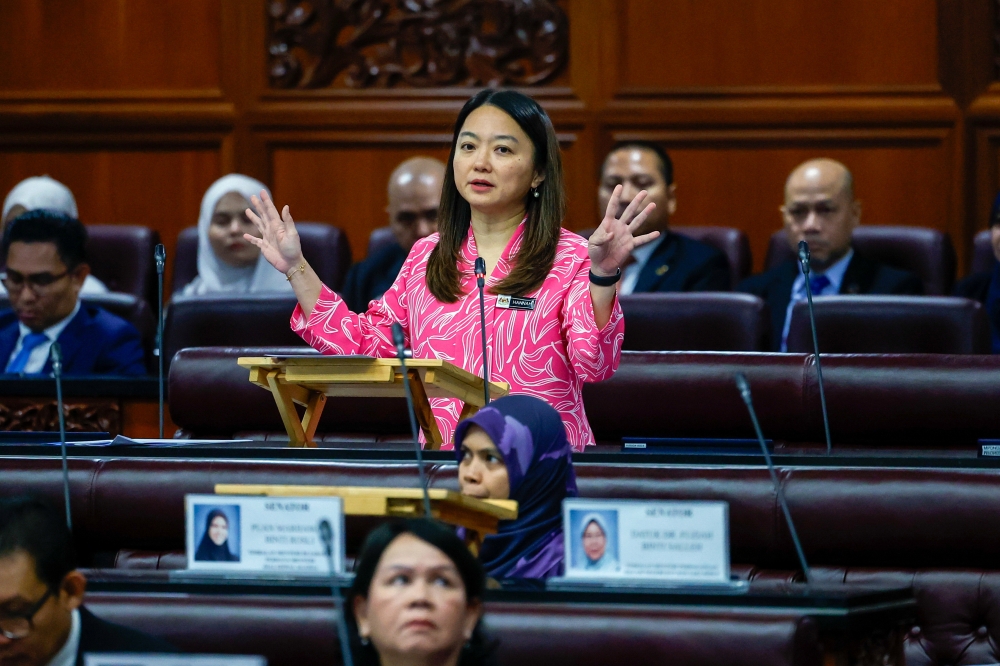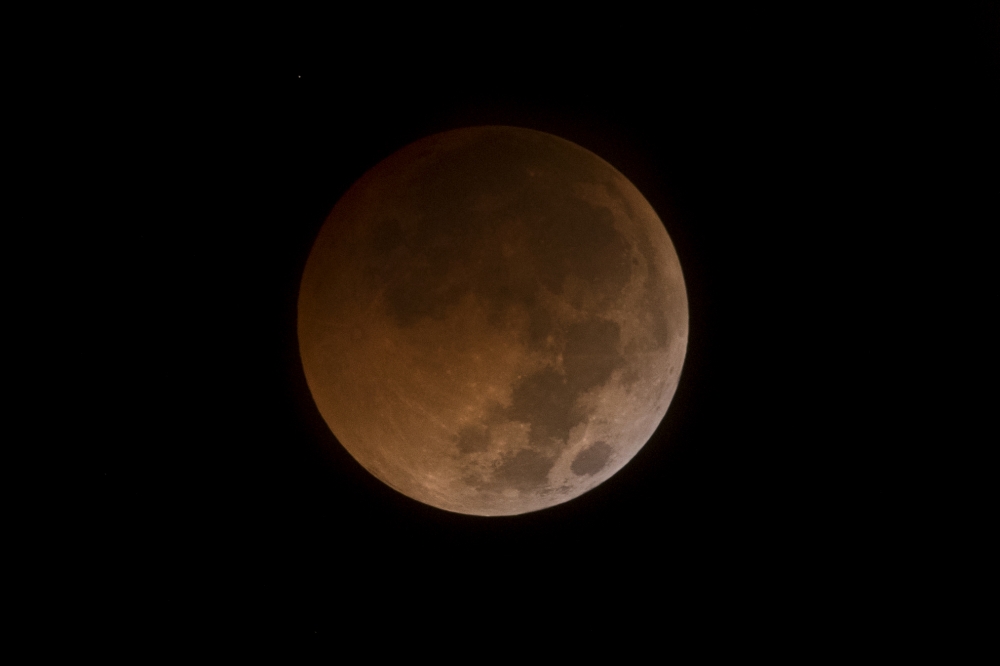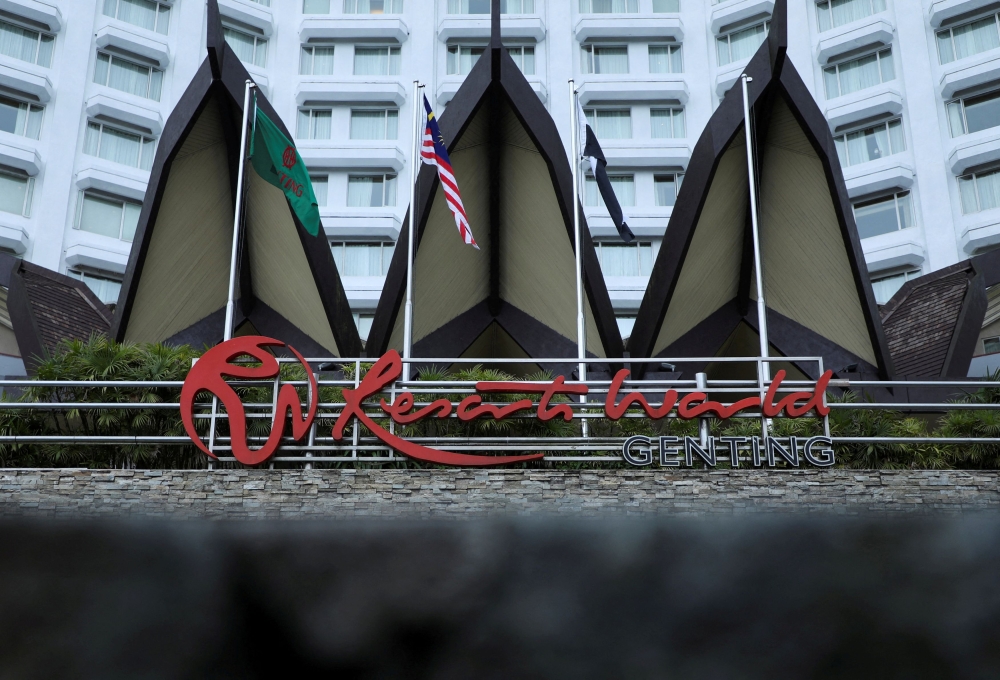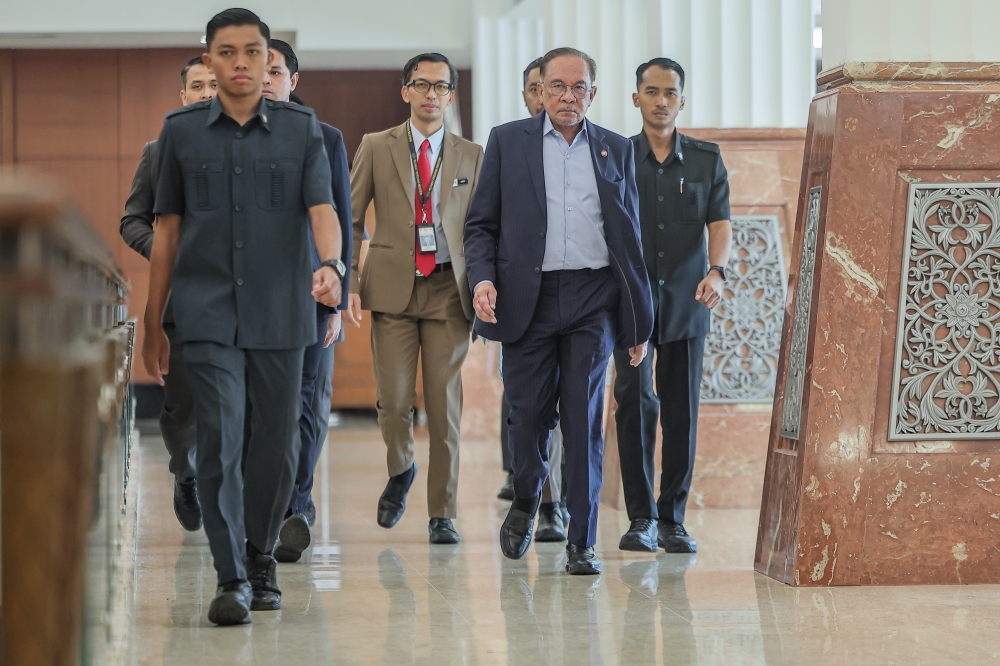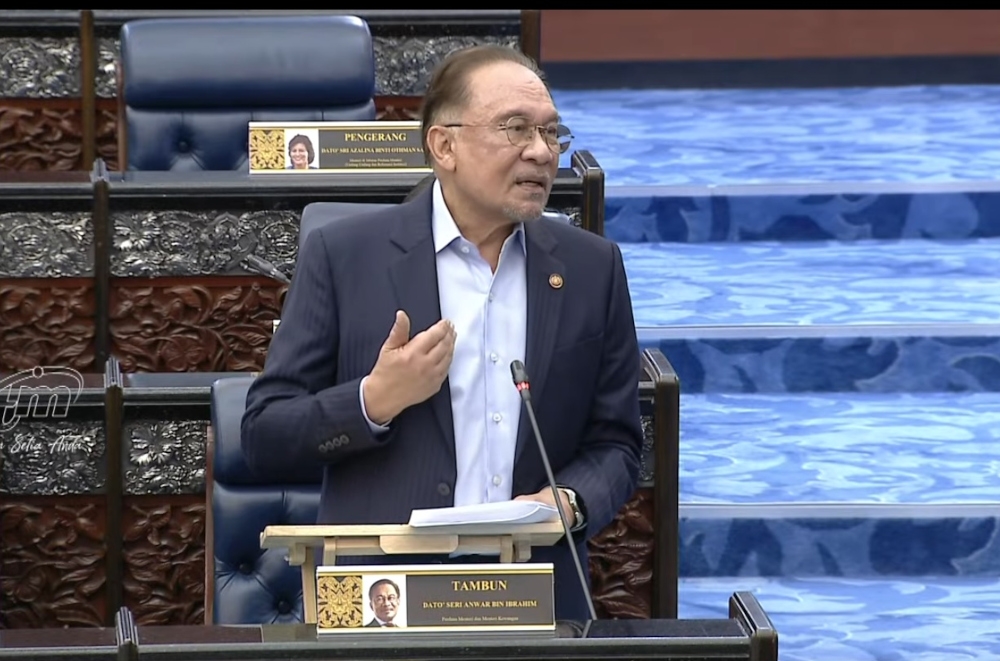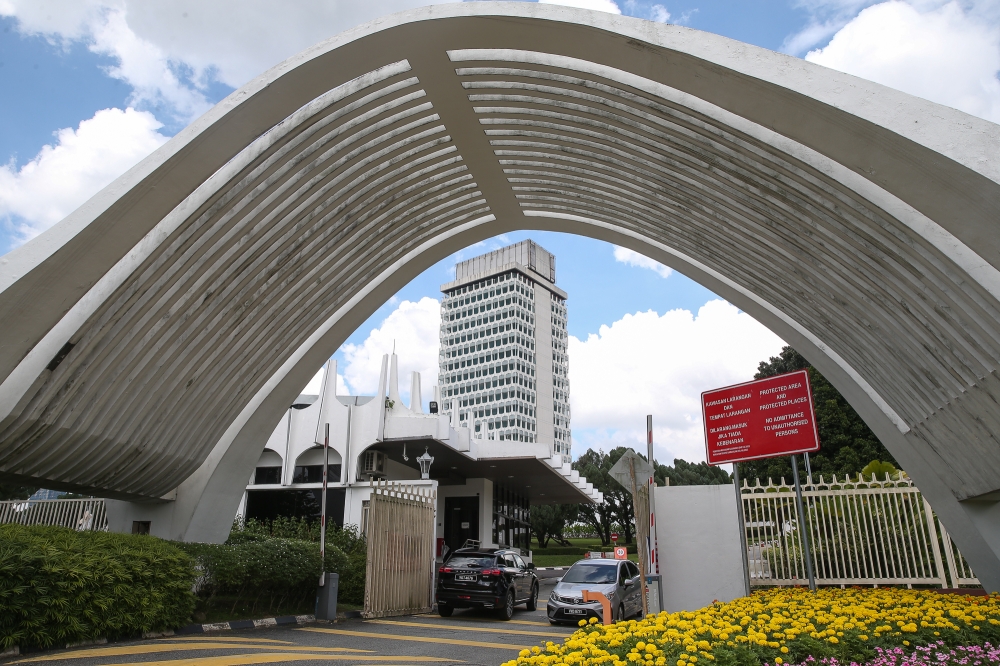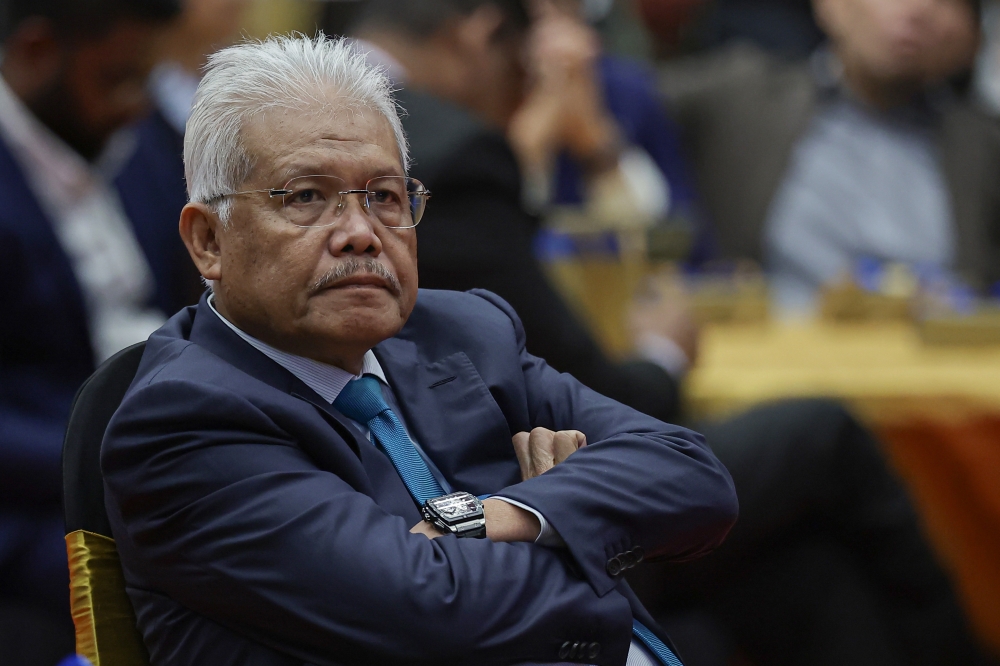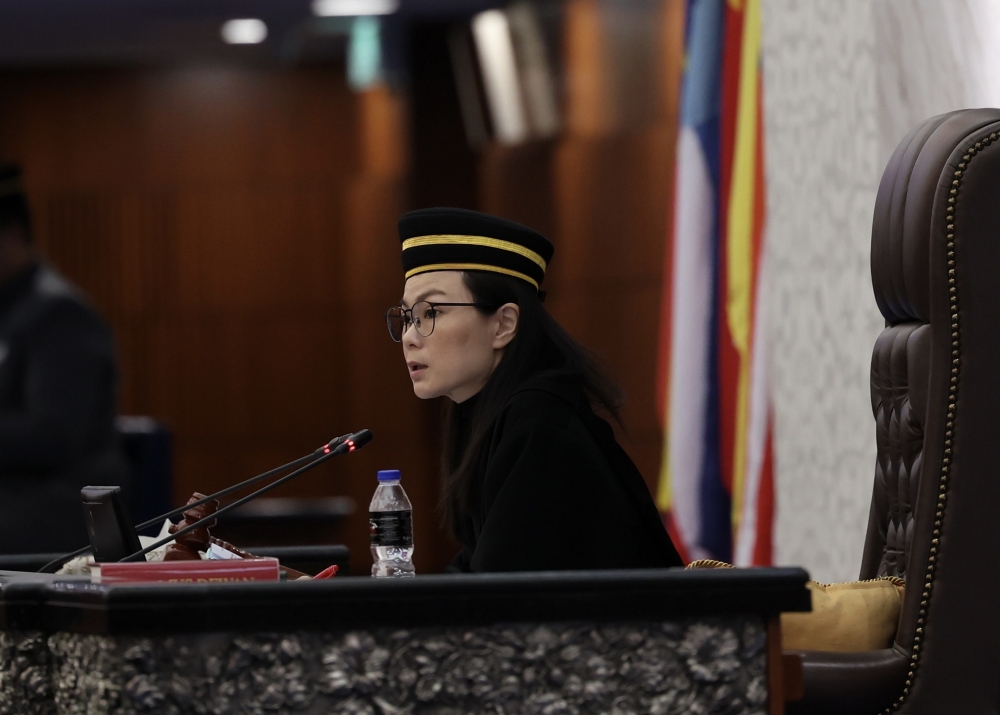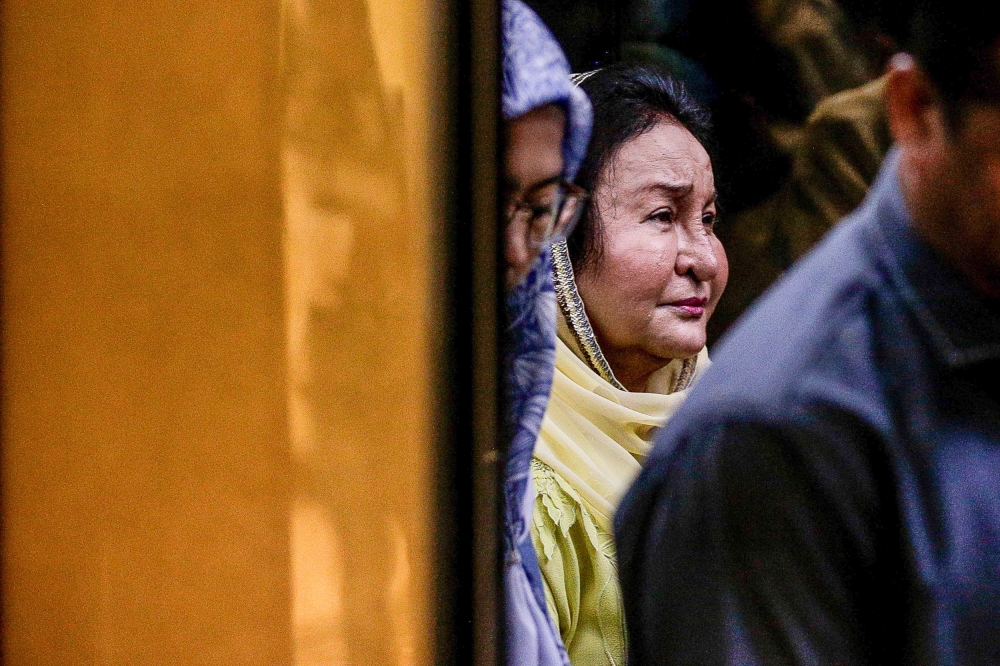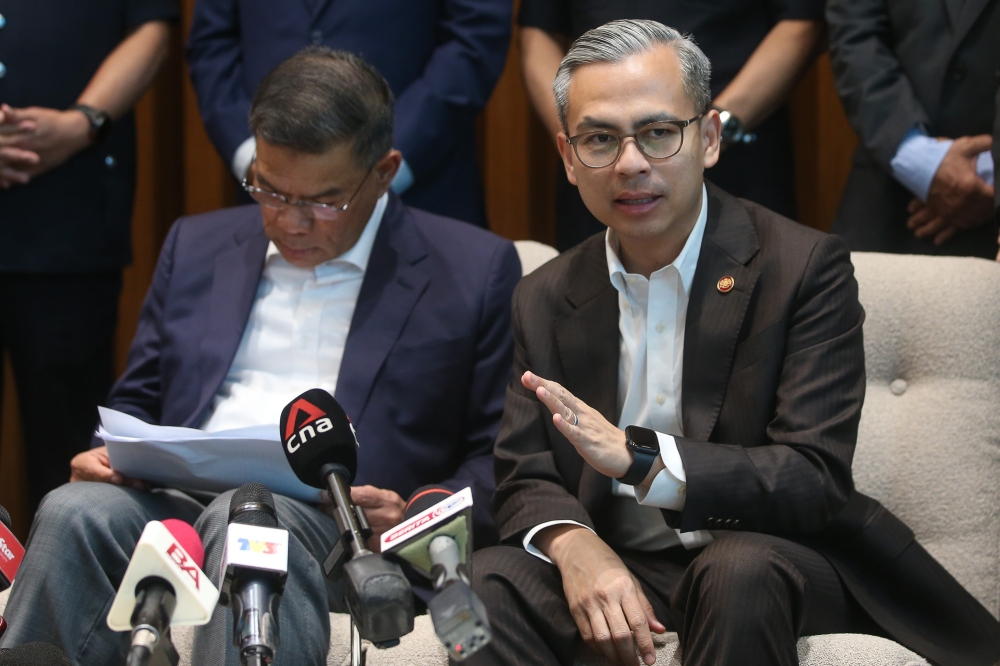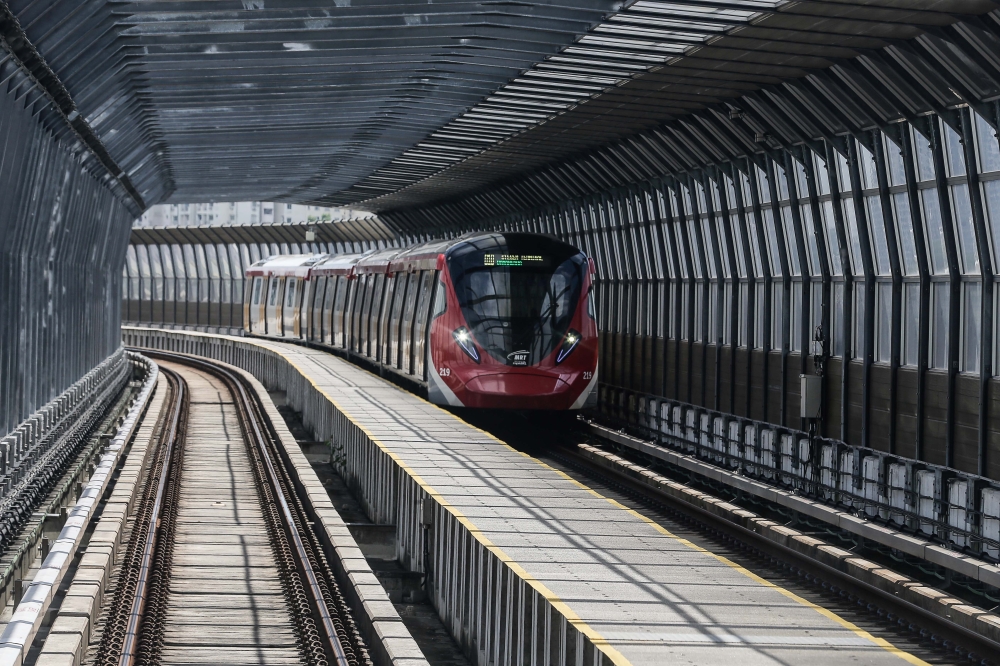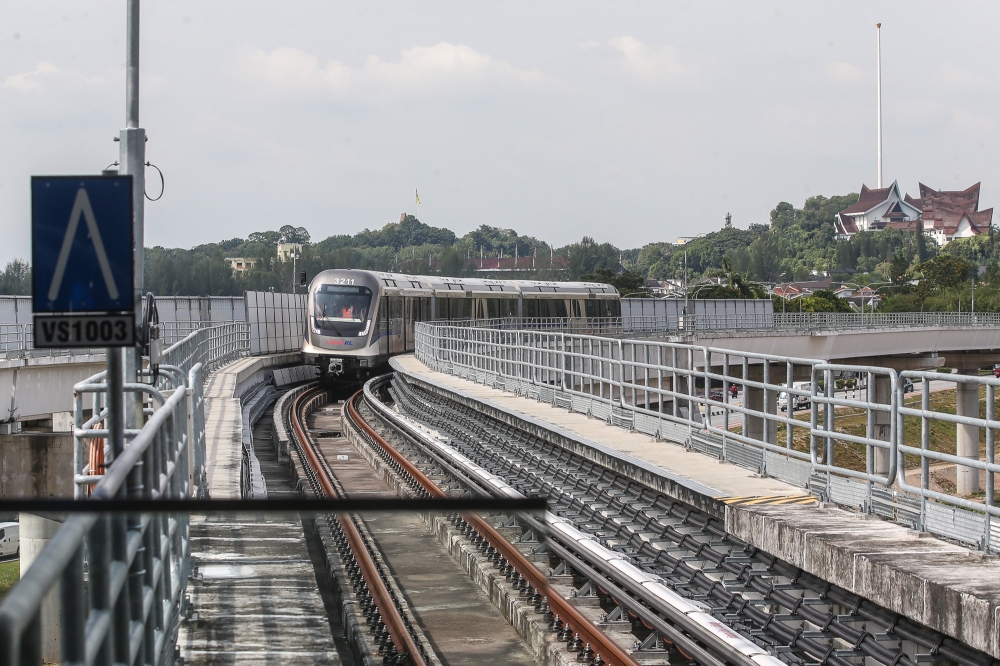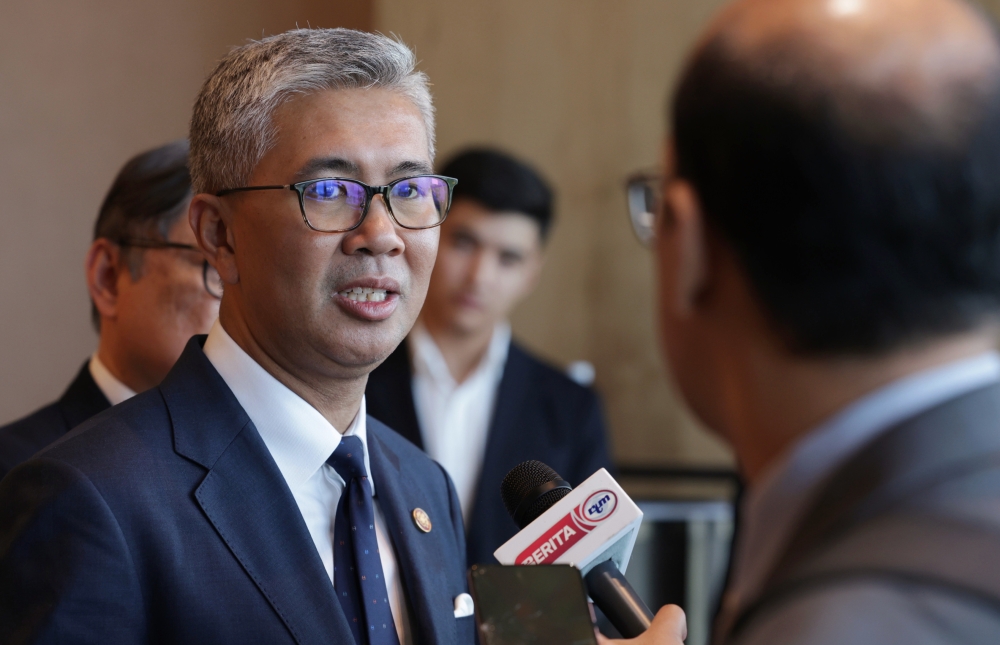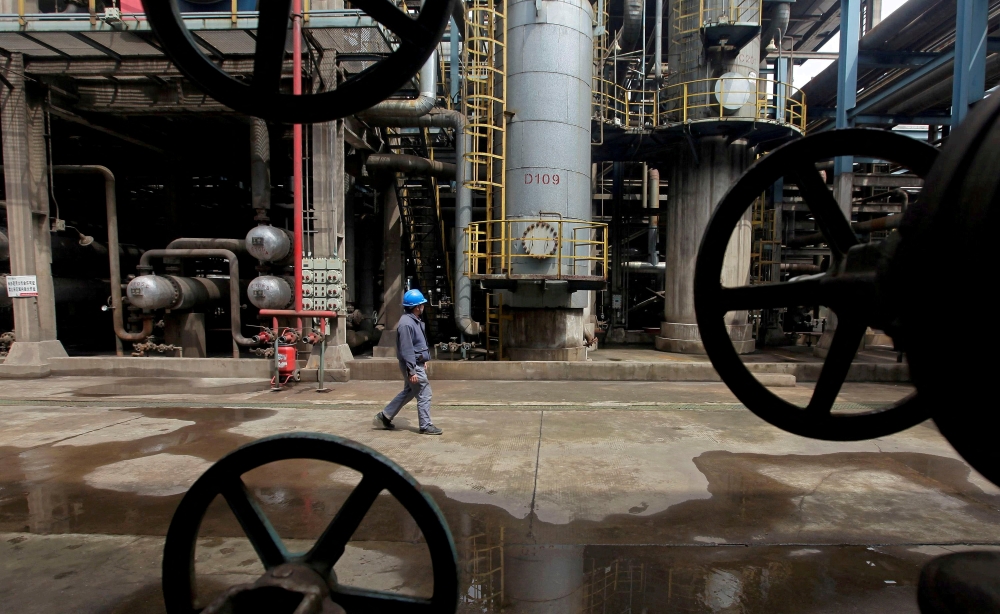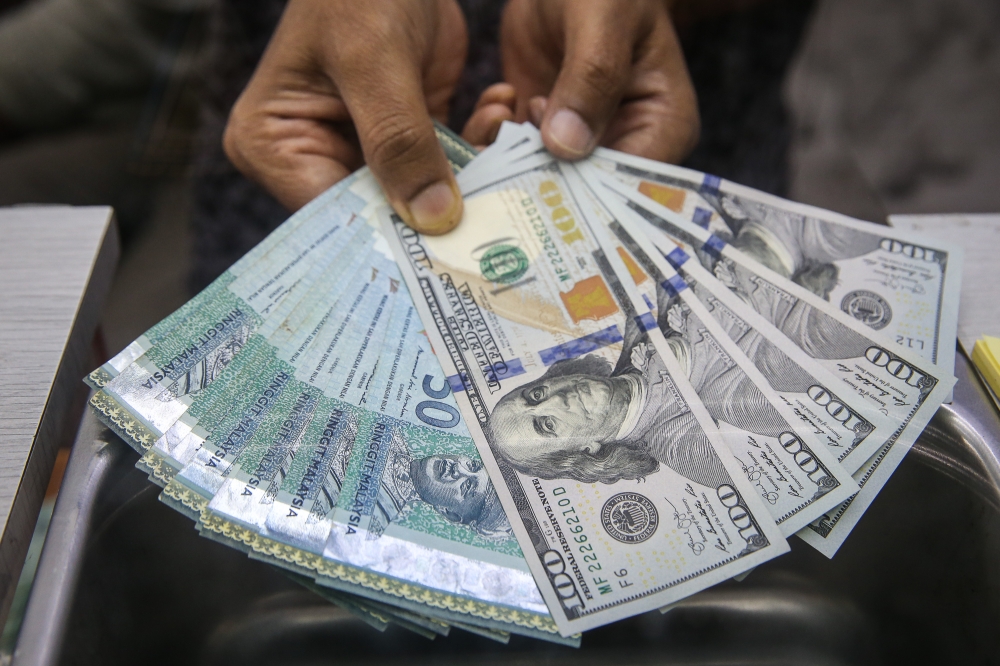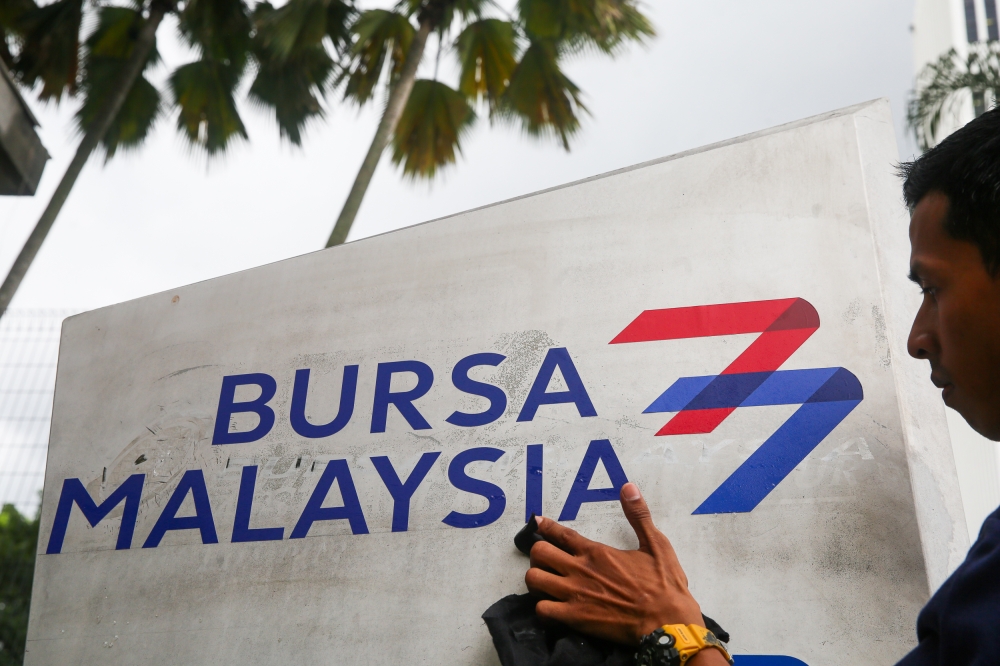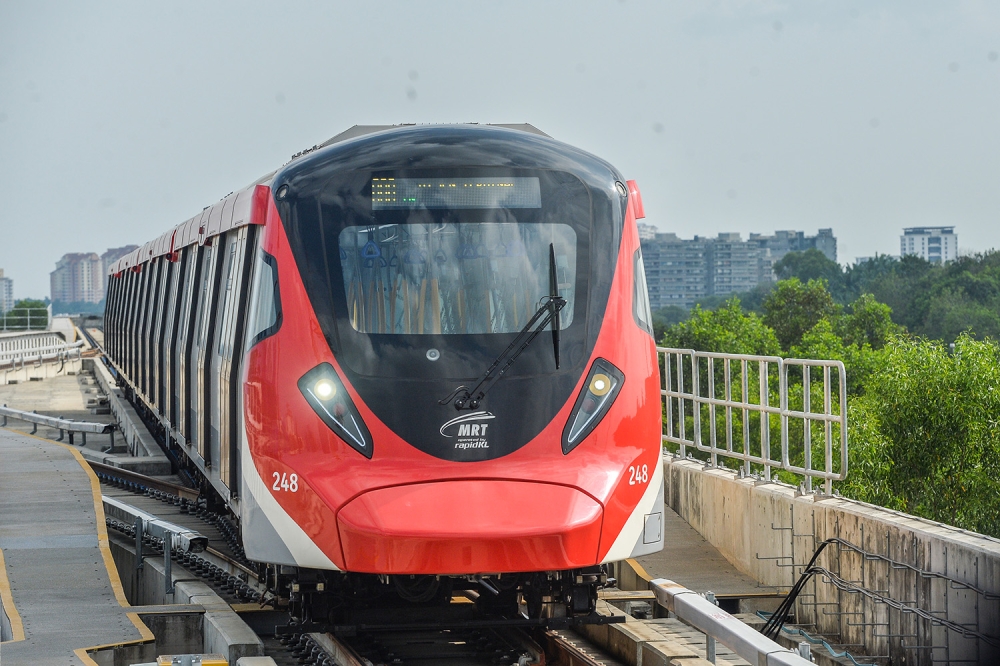SAMARKAND, May 19 — The Investment, Trade and Industry Ministry is diversifying trade efforts by focusing on non-traditional trading partners to address the challenges in the era of globalisation.
Minister Datuk Seri Tengku Zafrul Abdul Aziz said that with geopolitical challenges reducing global trade, the ministry is focusing on countries such as those in Africa, South America and West Asia.
“This is exactly our strategy. Our largest trading partner is China, followed by the United States. We saw that global trade fell last year with the world’s biggest countries. However, (trade with) West Asian, African and South American countries increased.
“That’s part of our diversifying policy in trade (focussing on non-traditional countries). We need to focus on diversifying our trade, not on traditional markets but on new ones because that’s (where) the growth will be. We have to plan now for the future,” he told the Malaysian media at the Silk Road Samarkand Complex here today.
Tengku Zafrul is in Uzbekistan to accompany Prime Minister Datuk Seri Anwar Ibrahim who is on an official visit to three Central Asian countries from May 14 to 19. He was in the Kyrgyz Republic and Kazakhstan before this.
Tengku Zafrul said the three Central Asian countries are rapidly developing with faster and stronger gross domestic product (GDP) even though their economies are still small compared with Malaysia’s.
“Their economic growth is huge. We can also participate in economic growth, not only among large companies but also among SMEs (small and medium-sized enterprises),” he said.
He said the trade commitment for Malaysian exports was about RM3.1 billion including RM700 million in Kyrgyzstan, RM1.7 billion in Kazakhstan and RM710 million in Uzbekistan.
Malaysia-Kyrgyzstan trade volume reached RM162.3 million (US$36.35 million) in 2023, a 312.6 per cent rise from 2022 with Malaysian exports of RM161.1 million (US$36.09 million) in 2023.
Malaysia’s total trade with Kazakhstan in 2023 amounted to RM474.5 million (US$104.2 million). Malaysian exports totalled RM465.6 million (US$102.2 million) and imports from Kazakhstan amounted to RM8.9 million (US$1.9 million).
Malaysia-Uzbekistan trade volume reached RM451.1 million (US$94.03 million) in 2023, with Malaysian exports at RM449 million (US$93.6 million) and imports, RM1.99 million (US$414,518).
On investment cooperation, Tengku Zafrul said with Malaysia’s GDP 10 times larger than Kazakhstan’s and four times larger than Uzbekistan’s, the Central Asian countries are seeking Malaysia to invest in their countries instead of the other way around.
“The thinking is similar with the developed countries that come to Malaysia (to invest),” he said.
Tengku Zafrul said the Prime Minister has suggested that Malaysia be more aggressive in marketing halal products, which not only focus on food and beverage products but the entire halal industry.
“We have to further enhance Malaysia’s role to develop the halal industry and bring Malaysian companies to invest here and provide access for exports. But there has to be a standard understanding that the halal industry is equivalent to the one in Malaysia,” he said. — Bernama

